At this juncture dear reader, I would like to digress from the chronological roll out on Music Express to discuss the fine art of interviewing rock stars.
Superficially, you would think it’s the dream job of any journalist to interrogate his/her favourite rock star, probing for that juicy tidbit of gossip or helping to discover the next Justin Bieber. I can’t deny that coming face to face with people you have idolized on television or radio, read about in other magazines and snapped up their records is a total buzz.
Yet the key elements of preparation, organization and interrogation still apply to any interview. Coming from a background of interviewing athletes for the Calgary Herald, I wasn’t too fazed about chatting with pop stars and I quickly discovered the benefits of being factually prepared and enthused about my subjects. Emerging from an environment where the Calgary Herald’s entertainment department was notorious for not talking to musicians, my initial job with Alberta Music Express was made so much easier.
Still there was a novelty about chatting with name artists like Heart, Randy Bachman, Burton Cummings and Trooper and I soon faced my first test of nerves when I flew to Saskatoon to interview Allan Clarke, lead vocalist of The Hollies.
Coming from Manchester in the mid Sixties, I was aware of the flood of Beatlemania-inspired talent blossoming down the East Lancs Road in Liverpool. All Manchester had to offer in response was Herman’s Hermits, the singing milkman, Freddie And The Dreamers and The Hollies. Yet the Hollies, were huge in England and had even crossed over to the States with their huge hit `Long Cool Woman In A Black Dress’.
[quote]“Hey, Graham, drop the phony accent, you’re talking to me now. Remember, you’re from Manchester!”[/quote]To actually meet and chat with Allan Clarke was as big as it got for me and I was decidedly nervous when I knocked on his hotel room door prior to the band’s performance that night. I had nothing to worry about. Identifying a fellow Mancunian, Clarke was a charming and informative subject and we talked for about an hour. Beyond the band’s music, we chatted about his boyhood memories of Manchester. How he used to take the No 6 bus from Eccles to Radcliffe, the same route my Uncle Bob used to drive.
He also told me some hysterical anecdotes on Graham Nash, leaving the Hollies for Crosby Stills & Nash and the pair meeting up in Los Angeles with Nash laying on an obviously phony California accent. “Hey, Graham, drop the phony accent,” you’re talking to me now,” scolded Clarke. “Remember, you’re from Manchester!” Clarke enjoyed our chat and even insisted we continue the conversation over dinner where I got to meet the rest of the band. The Hollies in concert were fabulous and when I met Allan backstage to thank him for his time, his response was, “No, we need to thank you. We need all the help we can get.”
I headed for my flight back to Calgary wearing a big grin on my face. Someone I had admired thanked me! for helping them! This was the kind of inspiration I needed to continue working with Music Express.
Likewise, meeting Cliff Richard and having lunch with him at the Toronto Four Seasons Hotel was a special thrill. If you were into pop music and lived in England in the Fifties and Sixties, you were either an Elvis Presley fan or a Cliff Richard fan. Cliff and The Shadows were our response to America’s music scene prior to The Beatles. Like Elvis, he even starred in a bunch of movies and I remember queuing up around the block to see him star in “Summer Holiday”.
[youtube width=”600″ height=”450″ video_id=”htZir_Taizg”]
Years later, to meet him on two separate occasions was a real head spin and he appreciated my knowledge of his career. He even shared a great anecdote about appearing on the same bill with Paul McCartney, Genesis Led Zeppelin’s Jimmy Page and Robert Plant and Pink Floyd at the Nordoff-Robbins Foundation concert at Knebworth England, June 30th 1990 yet being totally ignored by these other luminaries backstage. “Yet I’ve sold more records in England than everyone one of them put together,” noted Richards ( slight exaggeration) who holds the distinction of scoring a No 1 single on the English charts in the past six decades!
It was always key to be prepared for interviews. This meant listening to their latest records, having the basic information about the band/artist, their touring activities and trying to find a different angle for our conversation. These days you can surf the internet and uncover all sorts of nuggets of information and accurately fact check on Wikipedia. In the early seventies and eighties, all you had was the company’s bio which inevitably contained mistakes constantly regurgitated by the journalist who used said bio as his/her total source of information.
This is where my love of soccer came in handy. Especially talking to British and European bands, I became aware many top musicians also had a love for the sport. And to talk to them about soccer became a great ice breaker which would then break down any initial resistance and open them up for questions about their music. Iron Maiden is a classic example of a relationship forged with Music Express via our mutual love of soccer. My initial phone interview with bassist Steve Harris really came alive when I noticed he’d tried out for West Ham United and what followed was a history of the band playing Music Express’s celebrity soccer team in our annual encounters and us initiating a great relationship which exists to this day.
[youtube width=”600″ height=”450″ video_id=”geHLdg_VNww”]
Robert Plant became a little easier to approach following his departure from Led Zeppelin but even he got tired of the same old questions about a possible Zeppelin reunion. Knowing he was a fanatic Wolverhampton Wanderers fan and facing a phone interview with him, my first comment was to congratulate him on a major win by his team the previous evening. “Great game, I stood on the terraces with my lad,” boasted Plant.
So, Robert Plant, one of world music’s most iconic figures, goes to matches and stands amongst the crowd with his son! Doesn’t this cause any security concerns? “None at all,” boasts Plant. “All the regulars know me and I do come in for some stick, but it’s always a good laugh and I love the atmosphere of being amongst the crowd”.
One of our writers, Dianne Collins was assigned to interview Joe Jackson who had a reputation of being a surly subject. “Any pointers you can give me,” asked Collins before heading to the hotel for her rendezvous. Knowing Jackson was a Portsmouth fan and that his team had just won promotion to England’s premiere division the night before , I suggested she might break the ice by congratulating him on his team’s achievement. Collins returned back to the office with a big smile on her face. “Worked like a charm,” she revealed. “Joe didn’t know his team had won and he jumped around the room, yelling and high fiving everyone. Suffice to say the rest of the interview went smoothly.”
Acknowledging to Phil Collins and Dave Clark Five’s Dave Clark that they were Tottenham Hotspur fans also launched our interviews on a positive note and a legendary chat with Rod Stewart ( to be dealt with later in our story) about Glasgow Celtic triggered a receptive response.

Through this whole process, I can say I have experienced only three memorably bad interviews, one with Quebecer Michel Pagliaro, and one with Joe Perry, then of The Joe Perry Project and one with Sting, then with The Police.
In prefacing these three examples I have always entered my interviews with the presumption that my subject is actually interested in being interviewed. Now circumstances may vary with each interview. The subject may be worn out from a series of likeminded interrogations, may be tired, under the weather, etc., yet even the most futile chat usually uncovered at least one usable quote.
My run in with Pagliaro occurred during the early days at Alberta Music Express in Calgary. I was trying to broaden the national scope of our editorial base and I was aware Pagliaro was one of a very few Francophone artists who enjoying success with English singles. “What The Hell I Got’ being particularly huge at that time. “So I get Michel on the phone, he seems to be disinterested in our conversation and is not being very co-operative in responding to my line of questioning. Yet his command of English was more than acceptable. Suddenly, he cuts our interview short, apologizes for his poor English and bails on the call.
About a week later, Pagliaro is in Calgary for a media meet and greet. Prior to the function, I am sitting next to him as he converses with his record company reps in fluent English. You can imagine how red-faced Pagliaro was when he was introduced to me. Not missing a beat I said “Hey Michel, those English lessons seem to be working, good job!”
I bailed on my Joe Perry phoner because he was obviously under the influence and was totally incoherent, so I suggested we might want to try again some other time. I received a phone call back from his publicist thanking me for the tactful way I handed the call as Perry was not up to talking to anybody except maybe his drug counsellor.
But there was no excuse with Sting! I had traveled with photographer Dimo Safari to Buffalo to award The Police our Music Express Award for being the 1984 top International Band and to shoot a video clip for our Vancouver awards show. As the band had announced they were disbanding following a farewell date in New Zealand (Bryan Adams opened), I decided to interview all three members in the dressing room prior to their concert. Yet Sting proved to be an impossible subject. His response to my questions was flippant, he had nothing to contribute. Yet when I moved on to chat with guitarist Andy Summers and drummer Stewart Copeland, Sting insisted on interfering with those conversations also, That was until Copeland told him to f**k off in no uncertain terms. Kind of easy to see why they broke up!

All my writers forged reputations as being tactful interviewers and I can recall only one situation where I handled a call from a disgruntled artist. I was at Madison Avenue at the time when the phone rang and I was confronted by a thick Cockney English accent. “Are you the publisher of Music Express,” this disembowelled voice enquired, with more than a sense of exasperation. “That would be me,” I responded. “Yeah well my name is Sade. Do you have a writer called Lenny Stoute?”, “Yes we do” I acknowledged. “Then you tell Mr Stoute from me that I fink he’s a real prick!”
“Wow! The facade of Sade being a silky, exotic singer was blown out the window. She complained, with good reason, that Lenny had taken poetic license with questions about her band and had fudged some of his story. Every time I heard `Smooth Operator’ I couldn’t get Sade’s thick Cockney accent out of my mind. Who knew!
Interviews are normally executed in three fashions. In person, phoners or press conferences. The latter function is designed primarily for television sound bites and are basically useless for print journalists. You might get one serious question in and then have to endure the next journalist asking “So Paul, when can we expect a Wings reunion”.
Phoners are the most common vehicle, understanding many interviews are executed to promote new albums or tours in advance of your subject appearing in person. Although you are normally given 10 or 15 minutes on the phone, the biggest danger is that you don’t have a chance to facially connect with your subject. Which means you have to tackle the core of your interview right away and there is always a danger of your interview losing interest and cutting short the conversation.
That’s not to say it is impossible to stage a meaningful phone interview. I was once scheduled to chat with Jon Bon Jovi after his band completed a concert in Brussels, Belgium. As he was due to call me in Toronto, I calculated his show would end about 11 p.m. their time and he would phone about an hour later. Which would be7 p.m. my time allowing for the five hour time difference. Anyway 7 p.m. comes and goes and it was 10 p.m., 3 am in Belgium when my phone rings. “Hi Keith, Jon Bon Jovi here sorry about the delay. I just got back to my hotel, I have nothing else to do so let’s talk.” We must have chatted for at least one hour (thank goodness he was paying for the call) and probed all facets of his career. He even had great memories of playing at the El Mocambo with Lee Aaron.”
Of course the preferred method is the in-person interview where it is possible to make a personal connection with your subject. A big advantage is knowing how much time you do have for the chat and you can stagger your questions accordingly. Of course, being prepared is priority one. Your interviewee will figure out quickly if you are not prepared for the chat and the quality of that interview will be reflected by this premise. As I have noted previously, the success of my meeting with Pete Townshend was predicated on me previously viewing his “White City” video and I was constantly warned to do due diligence in advance of talking to Rush drummer Neil Peart. Still I like to think the majority of my in-person interviews went well and I always enjoyed making a connection with guests and constructing a feature story which truly reflected the spirit of our conversation.
I always taped the conversations but realized once I stopped the tape, quite often my subject would then start talking about topics they may have felt too sensitive for the taped conversation. Unless told these comments were “off-the-record” I always considered anything said in my presence to be fair game for the feature. As an example, while I was still in Calgary, I was pitched an in-person interview with Rex Smith, an American actor who had starred on Broadway in “Grease” and appeared on the “As The World Turns” TV soap opera. He appeared in a TV movie titled “Sooner Or Later” and sang a song titled `You Take My Breath Away’ which became a huge hit. He was booked to sing on Princess Island in Calgary so we met to chat at a downtown hotel.
It was a pretty mundane conversation, I didn’t have much to work with, yet as I turned off my tape recorder, Rex glanced at the front page of that day’s Calgary Herald which featured a horrible plane crash in California where a fully loaded jet was involved in a mid-air collision with a cargo plane, and crashed to the ground, killing everyone on board. It was estimated that it took about five minutes for the plane to crash and that everyone on board must have realized their fate before the plane hit the ground. Seeing Smith’s interest in the story, I mentioned how horrible that must have been to be on that plane. “If I had been on that plane, I would have grabbed the nearest air hostess and f**ked her brains out,” cracked Smith. “I’ve got to use that, “thought I as I headed out of the door. Sure enough, I did use that quote and all hell broke loose with Smith’s publicist accusing me of tarnishing his public image.
Slade’s Noddy Holder was another example of someone who came to life once my tape recorder was turned off. Slade were one of my fave groups and I was thrilled to interview them in our Madison Avenue boardroom. Yet even though bassist Jimmy Lea and drummer Don Powell were quite animated, I couldn’t generate any involvement from Holder. That changed when we reconvened at the Madison Pub. With the tape recorder turned off, and sufficiently lubricated with a steady supply of Guinness, Holder filled my notebook with great quotes and anecdotes.

Definitely the worst run-in I ever had with an artist was a clash backstage at the CNE, August 18th 1984 with Quiet Riot lead vocalist Kevin DuBrow which almost lead to a punch-up. Quiet Riot had topped the US charts on the strength of covering two Slade songs; `Cum On Feel The Noize’ and `Mama Weer All Crazee Now’ So I am backstage and I’m listening in on a radio interview DuBrow is giving to some local deejay who asks DuBrow if the band was unduly influenced by Slade. “Not at all,” spewed DuBrow. “A total coincidence that we’ve covered two of their song.”
“Bullshit,” yelled I “Jumping into the fray. “During your performance this afternoon, you said to the crowd `Everybody everywhere, put your hands in the air, everybody everywhere.’ `That’s a direct steal from Slade’s `Get Down, Get With It’ off their “Slade Alive” album. You’re even nicking their stage rap! “He’s got you there,” added guitarist Rudy Sarzo, obviously enjoying DuBrow’s discomfort. “Want to make something of it,” snarled DuBrow stepping towards me. “No worries, said I,” returning the gesture. DuBrow’s only a little shrimp of a guy and soon stepped back when he realized I was prepared for him.
Fortunately one of his security guards stepped forward and shepherded him back to his trailer. Sarzo was still laughing and flashed me a wink of approval. Truth was Quiet Riot’s band hated DuBrow and infamously ended his tenure by dumping him off the tour bus at a truck stop. DuBrow died of a cocaine overdose on Sunday November 25th 2007.
.Concert reviews are a no win situation because you are always preaching to the converted. I would say 80% of all concert goers are satisfied with the show because they are true fans (even more so nowadays when you are forking out $200 a ticket) are happy to see their heroes and probably only see them once every couple of years. Because of this, they have no comparison to judge whether one show was better than the other. I toured with Iron Maiden in Poland and viewed eight shows in like 11 days. The band themselves admitted some shows were better than others, yet every Polish fan witnessed the concert of a lifetime, good or indifferent and would never have accepted a negative review. In all my years of covering concerts, I can only recall two instances where the crowd turned on the headline act ( that aside from Alice Cooper’s penchant of not showing up on stage). The first instance occurred October 23rd 1974 (before I had even launched Alberta Music Express) at the old Calgary Corral.

England’s T-Rex headlined and suffered the misfortune of having Blue Oyster Cult as their opening act. BOC were the first band to use lasers on stage and their live performance climaxed with all band members, including the drummer, upfront playing guitar was an awesome spectacle. Poor Marc Bolan had to follow and was totally mismatched. T-Rex were a driving force in England’s Glam Rock scene but meant little in North America. Bolan had signed in the US to Neil Bogart’s Casablanca label and was trying to make an impression Stateside. But made a horrible choice in selecting BOC as his opening act.
T-Rex came on stage, no lasers, not much of a backline and most of Bolan’s songs were unrecognizable. Bolan sensed this and started sparring with his audience. “I am now going to play our latest hit single, `Light Of Love’ “muttered the diminutive Bolan. No response from the crowd. “Well it’s No 1 in England ya know!. Still no response (he lied, it only went to #22!). As T-Rex’s performance began to deteriorate, streams of people began leaving the building. Sensing this, Bolan cut his set short while he still had an audience and did not appear for an encore. Bolan became a TV presenter in England but sadly died in a car crash on September 16th 1977.
Vancouver’s Prism suffered a similar fate. Concluding a national tour promoting their “Young And Reckless” album, Prism headlined a December 1980 concert at the Danforth Theatre and generally evoked a positive response which culminated in them taking their usual multiple encores. Yet that night, manager Bruce Allen revealed lead singer Ron Tabak was being replaced. Travel forward one year and the new look Prism with lead singer Henry Small replacing Tabak are back at the Danforth for a December 1981 concert. Mistake No.1 was having Klaatu open for them. Klaatu was the infamous mystery Canadian band, reported to be the Beatles, who were making their public reveal at this gig. Many of the same fans who had attended the 1980 gig were back in the building, loved Klaatu but were shocked when this new singer fronting Prism, totally changed the arrangements on past hits and performed a bunch of new songs that were unrecognizable. When Prism emerged for their first encore, they found themselves playing to an empty theatre!
 |
Music Express: The Rise and Fall of a Canadian Music IconOwn a piece of Canadian music history! Register using the fields below to reserve a chance to purchase the book, before it is released to the public. |

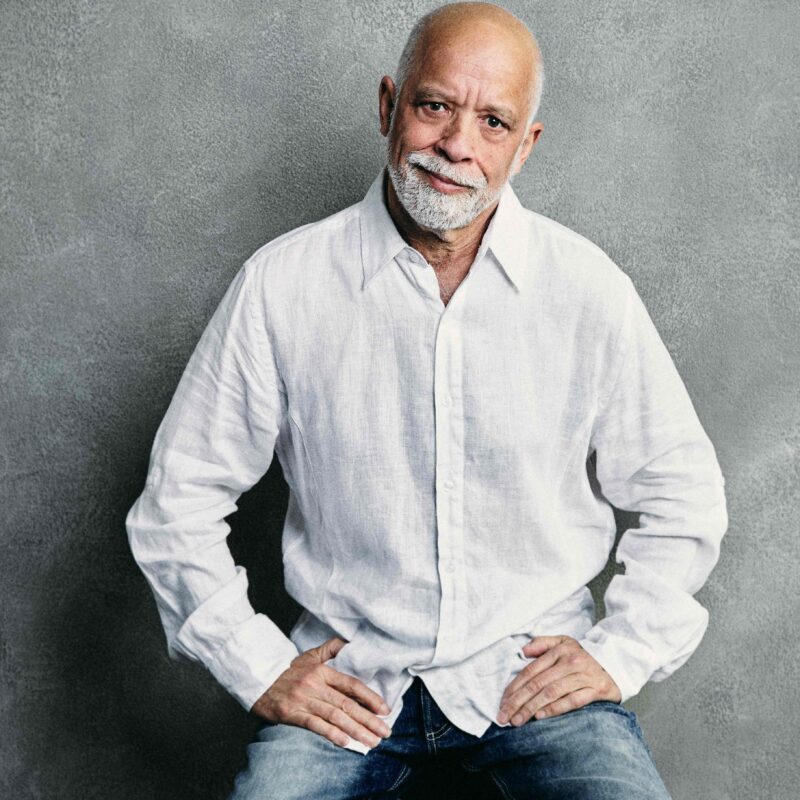
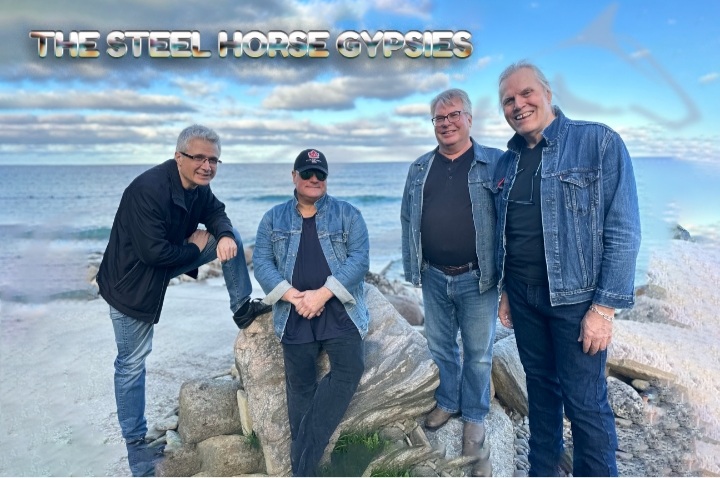
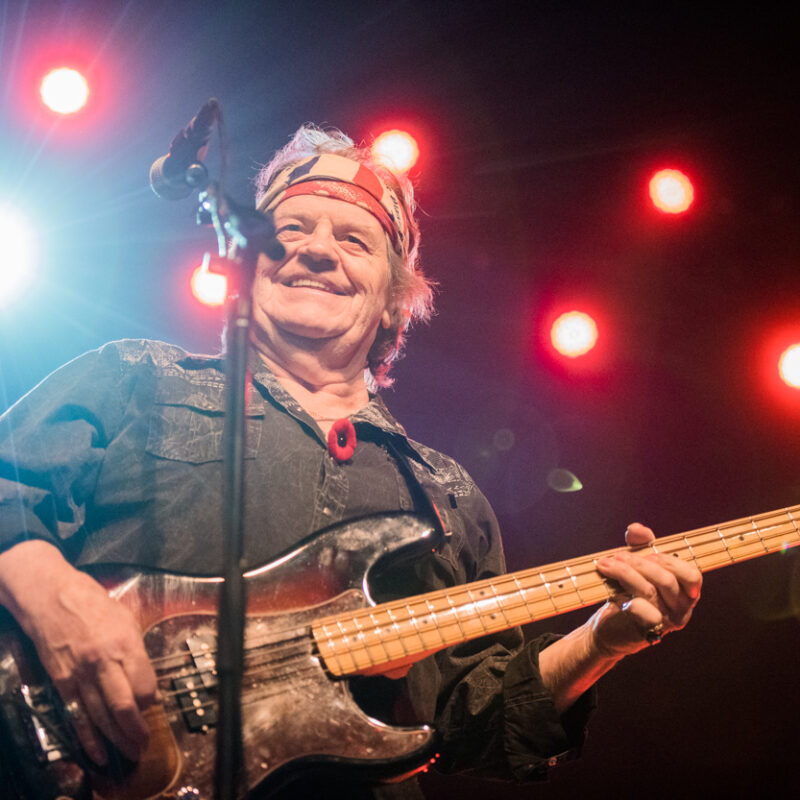
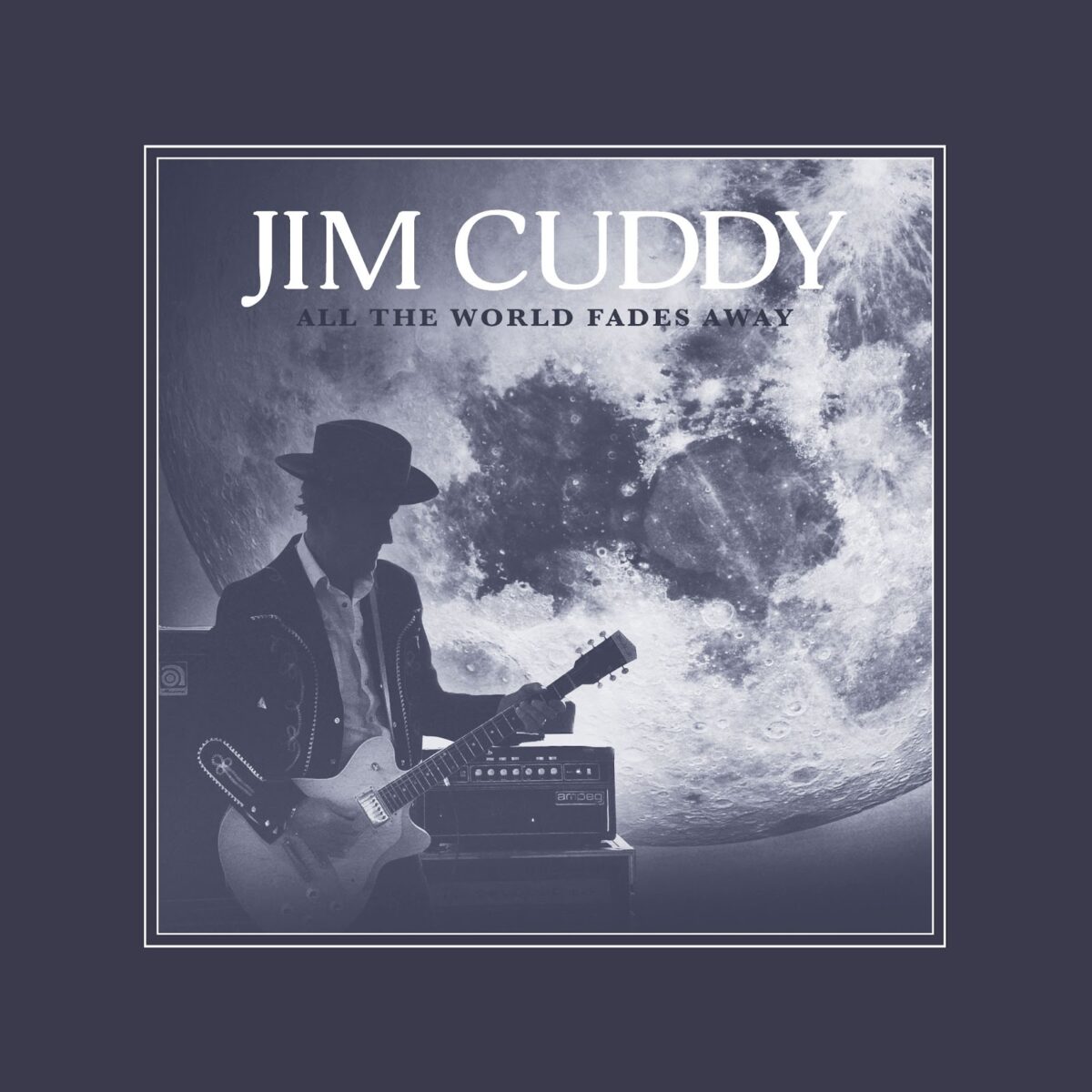
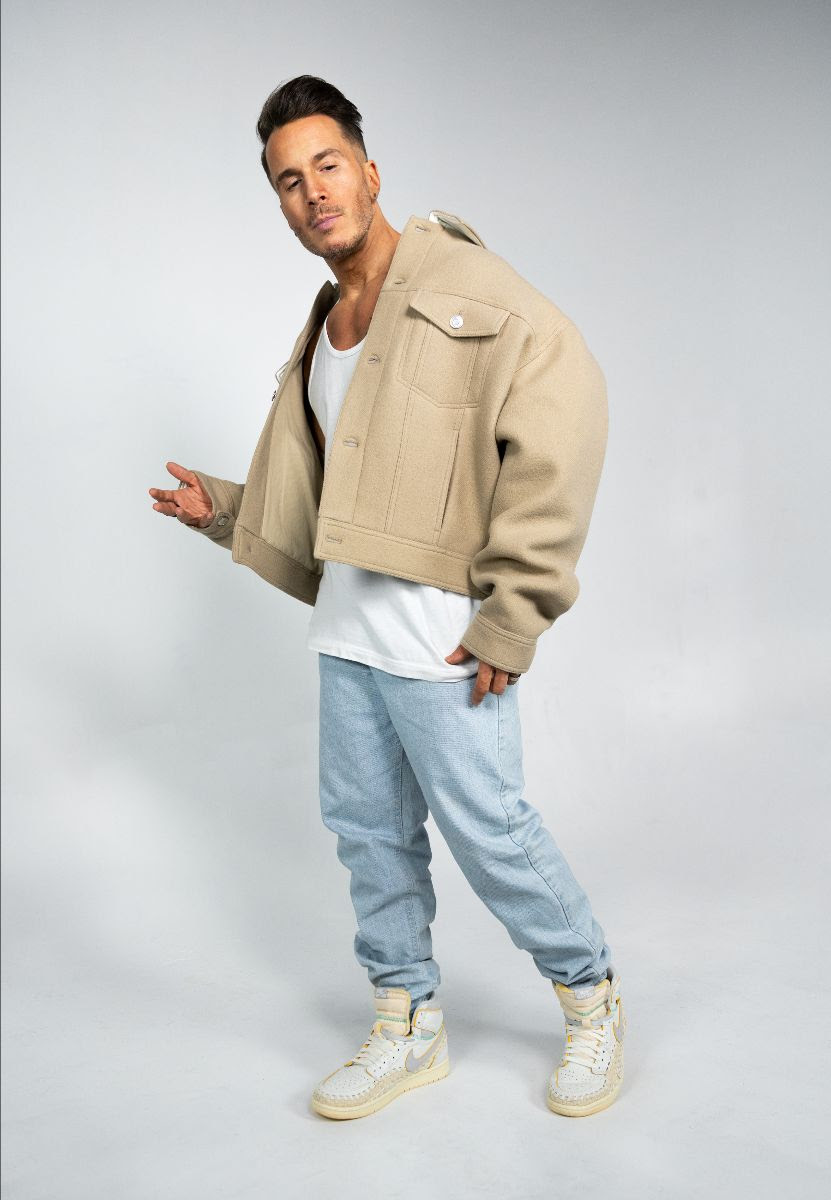
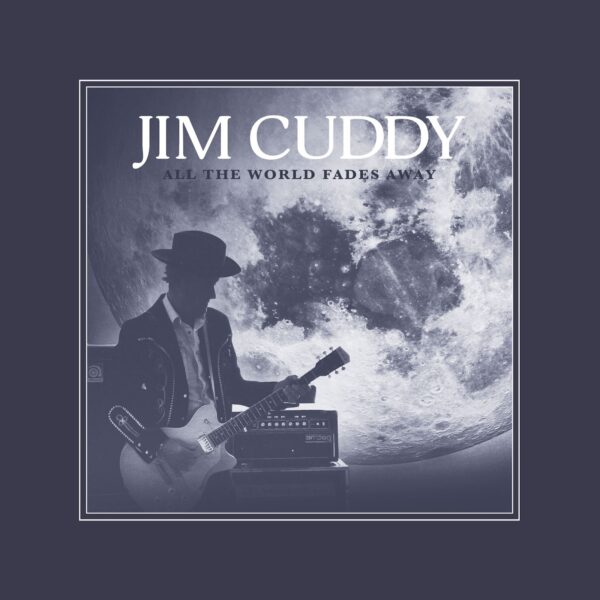
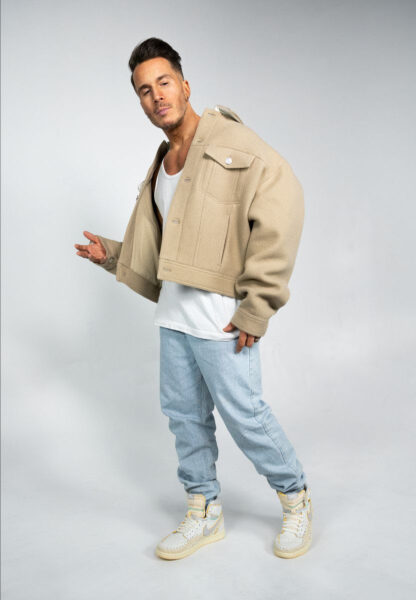
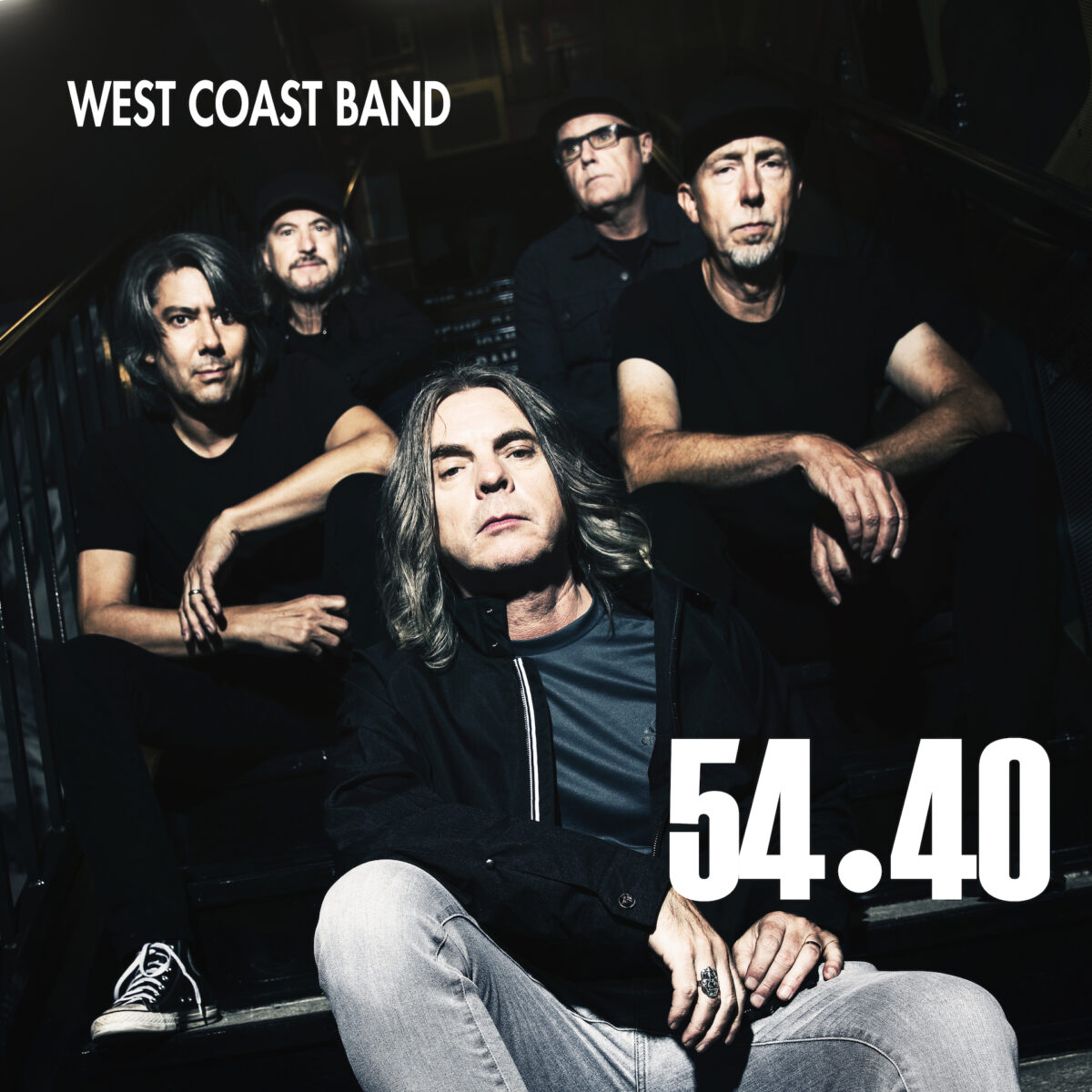
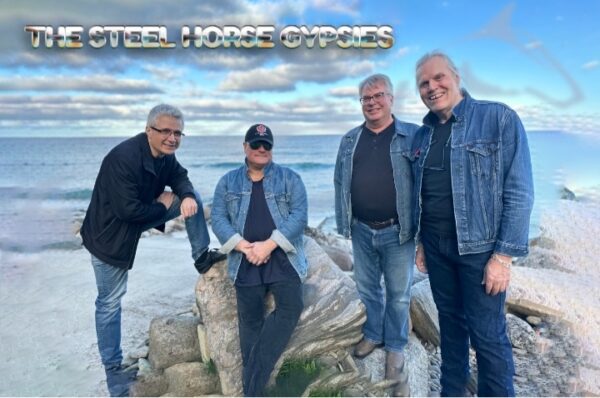
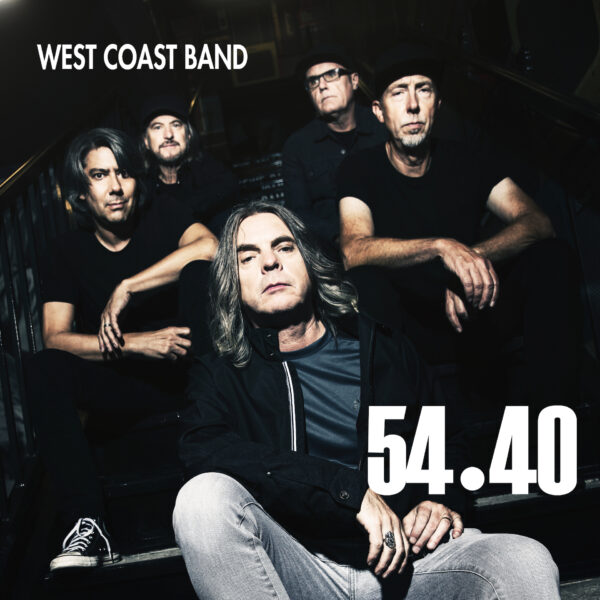

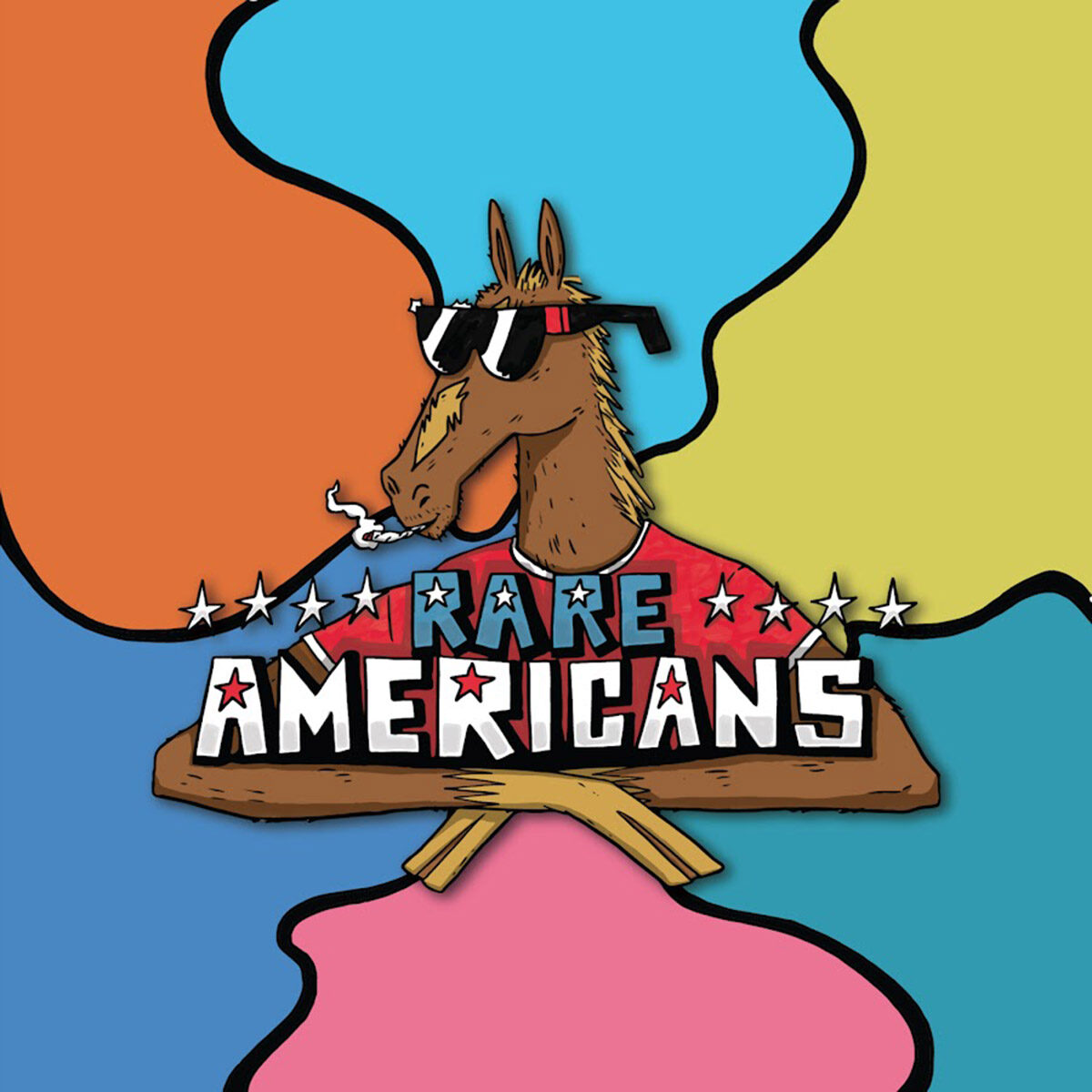

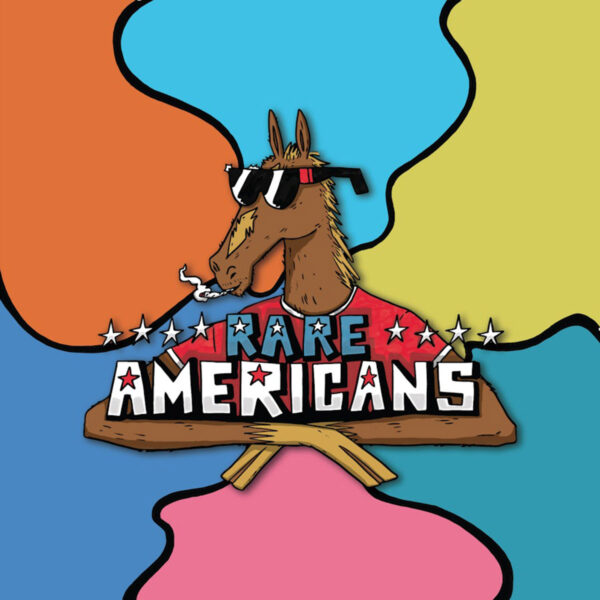
Comments are closed.